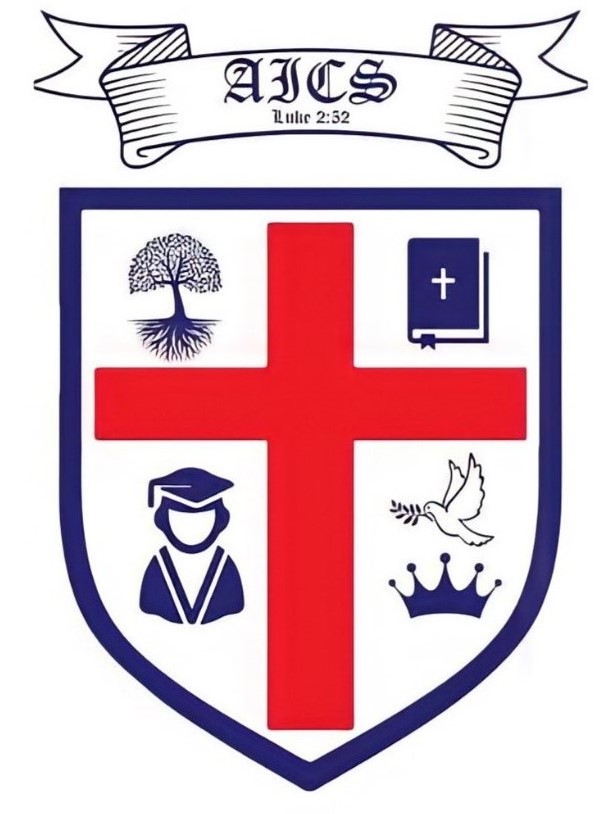
Teaching and Learning
"The staff at AICS are trained to provide only the best to the students of the school"
School Curriculum
We have adopted the Alpha-Omega (AOP) curriculum for our Kindergarten, Primary, Middle, and Secondary School. This is a balanced and comprehensive program, with an emphasis on an excellent Christ-centered education. This curriculum is at least one and a half years ahead of Fiji current levels for any given grade. A diagnostic test will be given to your child to see where he/she places. They can then work from that point on. Good readers generally have the edge over non-readers and so we strongly encourage all parents to read to their children. This develops the love of reading instead of allowing unlimited time in front of the T.V.! Lifepacs or booklets are used for Kindergarten and Grades 1 and 2. Grades 3 to 4 use either Lifepacs (full-color booklets) or SOS programs which are loaded onto laptops provided by students.
Grades 1-6 offers a study of Mathematics, Language Arts, Bible, Science, and History and Geography. There are no externally set examinations but students’ work is internally assessed throughout the year with a series of ongoing quizzes and tests. This keeps the students focused and ‘on task’ year-round, and not just at the year-end, for a ‘final examination’! All students are encouraged to participate in sports, cultural, and extra-curricular activities both within our own school, and nationwide. Excursions (field trips) and school camps also enhance our classroom programs. The comprehensive curriculum teaches students to think logically and to learn. The Alpha-Omega curriculum is such that it allows multi level work within each class, enabling each student to work at their level of proficiency. Through the school environment and curriculum, students will learn to appreciate the beauty and benefits of a multicultural society in line with Acts 17:29 which says that “God has made of one blood all nations of men to dwell on the face of the earth”.
At AICS we will strive to reach the goals of:
KINDERGARTEN PROGRAM (4 and 1/2 years and above)
GRADE 1 and above, the daily timetable is:
School Assesment
At AICS we see assessment as an on-going tool to use with our planning and
preparation. Students are constantly assessed via numerous smaller tests
throughout the year. We do not use end of term exams, as they would only be
able to cover a small portion of what we do in our classrooms. We do not use
rankings, but believe in taking children from where they currently are and help
them move on to the next phase in their learning. We strongly discourage
comparison of a child’s achievements with that of another’s. This could
potentially seriously harm the child’s self-confidence.
We encourage each
student to learn to the best of his/her ability, and we strive to improve on our own
previous best! Students are taught however, that the humanistic concept of “self”
needs to be diminished, so that Christ can increase in each of us. Children, like 3
adults, are all unique individuals and will progress at their own rates. The series
of test results are averaged in determining the student’s grade in each subject at the end of each term, and a
letter grade from A through D is given as follows: 80-
100% A 70-79% B 60-69% C 50-59% D
< 50 I Anything below 50% is marked with an “I” for Incomplete. We believe no individual is a failure! We may
occasionally not do our best, but in God’s kingdom, no one is a failure. Alongside each letter grade is an
equally important number grade 1, 2, or 3 given for a student’s effort in that subject. ‘1’ denotes they worked
at their best ability level; ‘2’ indicates average application; while a ‘3’ indicates they performed below their
level of ability. As an example, an ‘A’ student in Mathematics who obtained a ‘B’ that term, may receive a 2 or
3 for effort; while a ‘C’ student in Math who gets a ‘B’, may receive a 1 for effort!.
This is truly
comparing ourselves with
ourselves, and NOT with others! We operate an open door policy. If you ever
have any concerns, please contact your child’s teacher for a parent-teacher
meeting to discuss them.